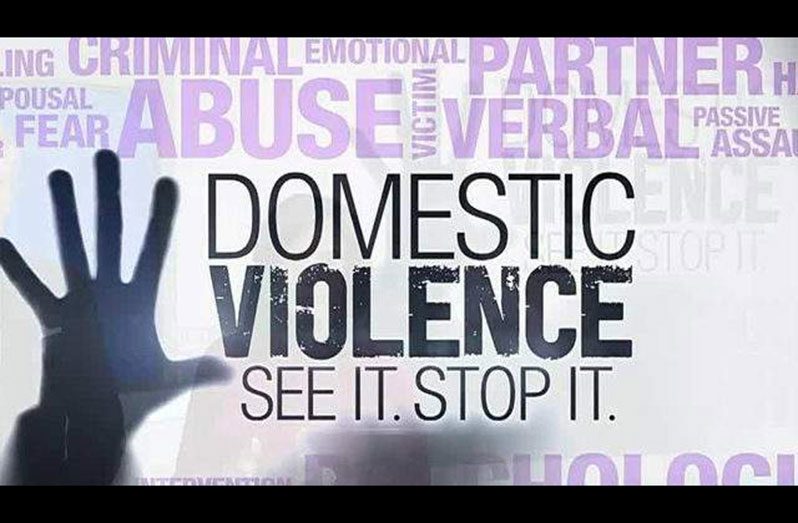By Vanessa Cort
THERE is a popular saying, ‘Who feels it knows it’, and nowhere is this more accurate than when talking about victims of domestic violence and how they feel.
Having been through the experience I can say that if you have not been abused then you can never fully fathom the extent of the damage it can cause.
Generally, physical abuse is accompanied by mental abuse, though not necessarily vice versa. So a battered woman is usually also subjected to tremendous psychological/verbal abuse while someone who is abused psychologically might never have been hit.
And while physical abuse may leave visible scars, those left by emotional abuse cannot be seen by the naked eye. However, they can be even more devastating and make the issue of leaving the relationship seemingly insurmountable.
I learned from speaking to a counsellor about my own experience that abusers seek to control the lives of their victims, and, in so doing, render them helpless and hopeless – not knowing what to do or who to turn to.
A television series currently being aired and dealing with domestic violence showed a young woman, who had never been physically abused, but who was living in constant terror of her partner.
He would throw things at her, never actually hitting her and regularly break items in their home while subjecting her to vicious verbal tirades which would invariably end with him expecting her to do exactly what he said.
She never reported these incidents, not realising they would qualify as abuse, and did not tell anyone what was happening, for fear that they would either think she was exaggerating or simply dismiss her complaints.
When she did eventually ‘escape’ with her young daughter, she found the simple matter of choosing clothes, freely given, for them to wear overwhelming and she could not even name her favourite colour.
The disorientation and confusion experienced by abused women cannot be denied and yet victims rarely make a clean break from the relationship on their first attempt.
Many return several times to their abusive partners before finally being able to leave permanently. And as psychotherapist, Shane Tull pointed out, abusive men use manipulation to get their partners to bend to their will and are “very good at making the victims feel it’s their fault”.
While women may report abuse, many are still reluctant to press charges and put the perpetrator before the courts. And law officers can tell many-a-story of a woman reporting her abusive partner but refusing to have him charged and even subsequently begging for his release.
However, the more often a woman leaves and then returns to an abusive relationship, the greater is the influence her abuser has over her and the greater is her dependence on him. She becomes more and more fearful and unsure and it becomes even more difficult for her to walk away.
It is important that the wider society understands this and does not dismiss these women as beyond hope or dismiss them flippantly, saying, ‘they like it’.
No one wants to live in an abusive relationship. No woman wants to be beaten. However, once in it, leaving is not an easy decision because of the emotional/psychological hold the abuser, by then, has over his victim.
This is especially so if we bear in mind that abuse does not take place every day and so there are times when the abuser will be charming and remorseful and the relationship will seem to be normal and happy.
It is our place to offer love and constant support to victims, providing them with a safe place, where possible, to regain the confidence and self-esteem and to take back their power.





.jpg)








